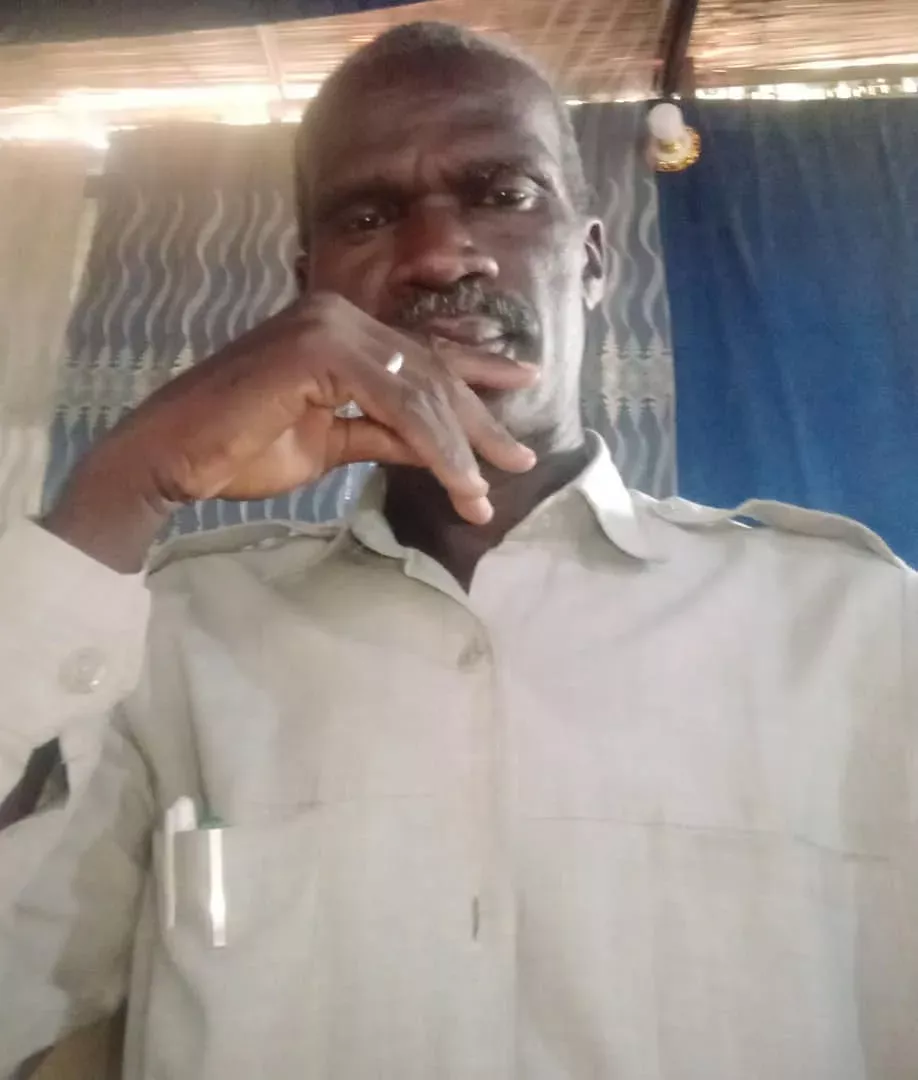A homeland without pillars – say enough – ✍️ Engineer Jamal Qandah

The land and the people constitute the homeland, and the people are always multicultural due to the fact that each people has its own morals, culture and values that differ from the other, and if they are similar in proportion, the preferential similarity remains constant, even if the opposite is the case. Sudan is a homeland and its population is multicultural, and the differences are mainly built by regionalism and tribalism, closed before its independence and before the colonialists, even in the formation of states and nations. The sultanates were dominated by tribalism and regionalism, such as the Kingdom of Taqli, the Sultanate of Fur, the Kingdom of Abdalab, Sennar and others. Yes, after that, modern Sudan was formed and its characteristics began with the Mahdist revolution because it was a revolution. of conscience, religion and morality. In the regions that were ruled by the kingdoms and sultanates mentioned above, the rulers were from them. They pledged allegiance to the Mahdi and were supporters of the Mahdist revolution. Until Omar al-Inqaz, for example, or Omar Mayo, the reality would have been completely different today in form and content. A valuable and creative person and place. The pillars on which nations are built are mainly the economy, education and education. Health as the basic backbone is morality. If morality is definitely present, the economy will come, education and rebirth will occur, the body will recover, health will be high and the nation will rest on the pillars of health. hope, and then the value of the human being will become a problem for this land, and even luxury will be present. So we look for (morality), and if it is present, then we will build a nation and we will have. a strong state. Nations are about morality. The problem is neither the state of 1956 nor the state of Aankhi. History needs a solid structure, which was not available in a long history. As I mentioned, Mahdism began to establish the right. formation of Sudan, but it was quickly demonized, and the idea and experience were aborted, and the colonizer came with his many clothes, Turkish, Egyptian, English, Egyptian and others. Note here the common denominator: the influence of Egypt. the three countries, and behind them, the ignorance of the society of the time, played a very important role in what we find ourselves in today. The lack of acceptance of the other, empty claims, lies, betrayal, devaluation of the other, non-recognition of the other. , etc. All these diseases were present, and the colonizer played on them in two ways, even colonization and success. Even education and its programs were not formulated correctly. They were emptied of their content of values, morality and truth. National education. Getting rid of these diseases and evils did not depend on wishful thinking and necessary theories. Morality would then remain the nation and its pillars would be the economy, education, health and well-being. present.,, May God protect the nation from all calamities and grant peace to the citizen, and God willing, we will return,,,
(That's enough),,,,
Written by engineer Jamal Qandah,






